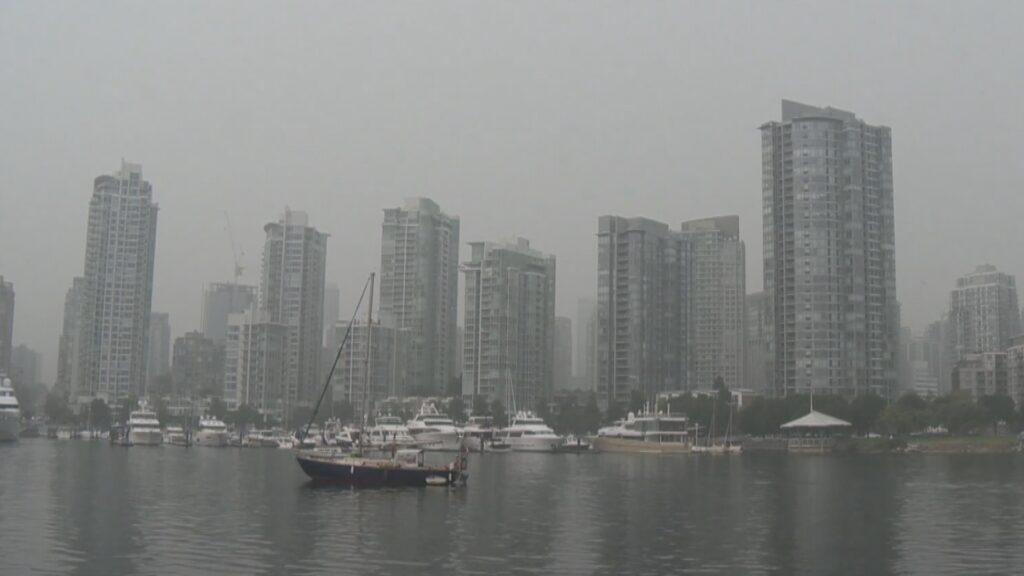
Introduction
In recent weeks, Vancouver has faced significant smoke challenges stemming from wildfires in nearby regions. This issue is particularly pressing as air quality impacts public health and daily life. Residents have expressed concern about air quality conditions, with local authorities advising caution, especially for vulnerable populations.
Current Situation
As of October 2023, Vancouver has been enveloped in smoke due to ongoing wildfires primarily in British Columbia and neighbouring provinces. The persistent smoke has resulted in hazardous air quality levels in certain areas, prompting Environment Canada to issue several air quality advisories over the past month. The Air Quality Health Index (AQHI) has reported high ratings, indicating the potential for adverse health effects.
The smoke is not only affecting visibility but also carries fine particulate matter (PM2.5), which can penetrate deep into the lungs and enter the bloodstream. Vulnerable groups, including children, the elderly, and individuals with pre-existing health conditions, are particularly at risk.
Community Response and Health Measures
In response to increasing smoke levels, public health officials in Vancouver have taken several measures to mitigate health risks. Residents are encouraged to stay indoors, use air purifiers, and limit outdoor activities, especially strenuous ones. Local clinics and hospitals are on alert for an uptick in respiratory issues, as well as other related health problems.
The City of Vancouver has also increased communication efforts, providing residents with real-time updates on air quality and tips for protecting their health. Community centers are serving as temporary safe havens for those lacking adequate housing to escape poor air conditions.
Looking Ahead
As wildfire season continues and climate change affects weather patterns, Vancouver faces a growing threat from smoke events. Future forecasts suggest a potential increase in the frequency and intensity of these occurrences. It is crucial for the community to remain vigilant and informed about air quality index changes in the weeks ahead.
Conclusion
The smoke episode experienced in Vancouver serves as a stark reminder of the challenges posed by climate change and wildfires. Continuous efforts in public health communication and environmental management will be essential to safeguard the health of residents. For now, staying informed and taking precautions will help navigate these challenging conditions.



